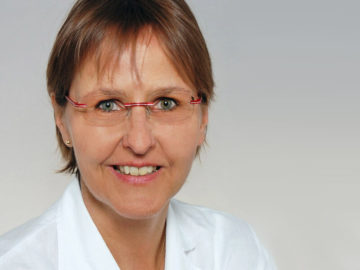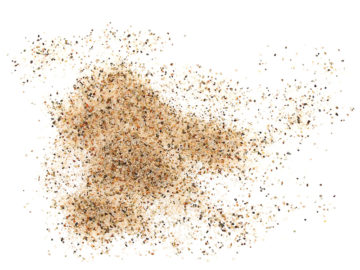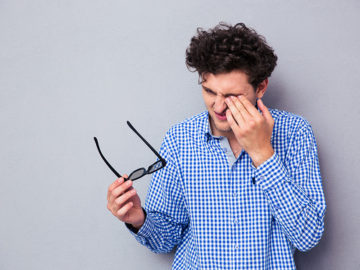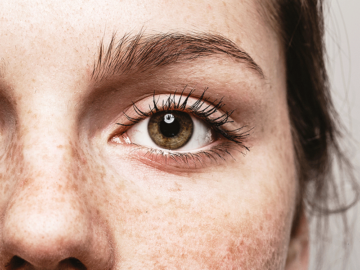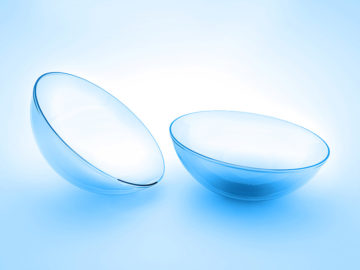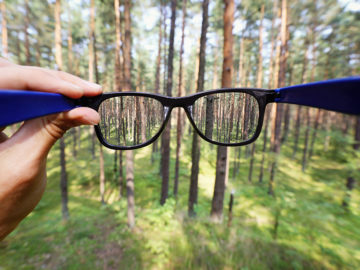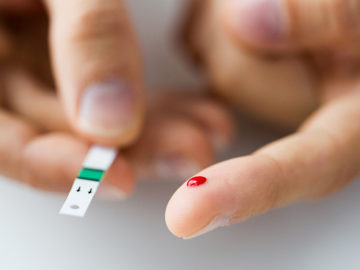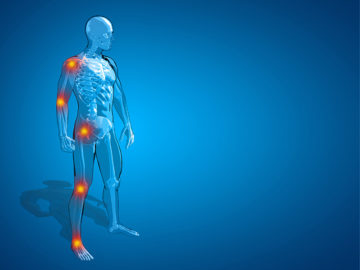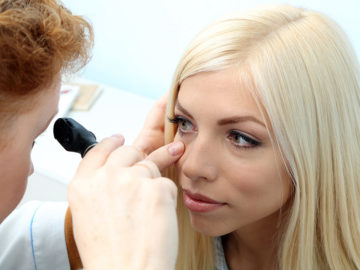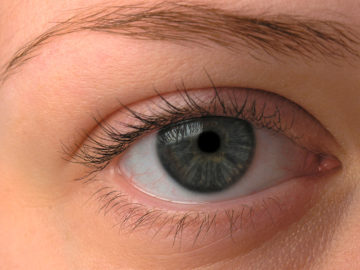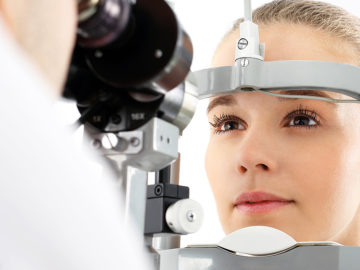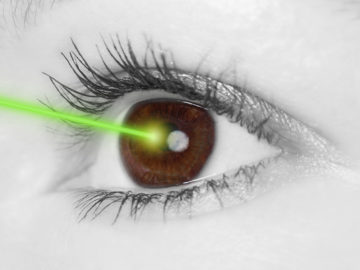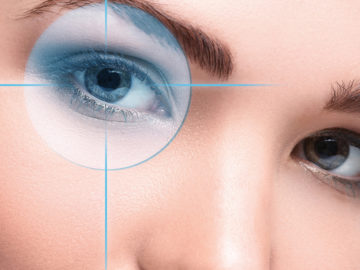Eye operations: follow-up treatment and aftercare
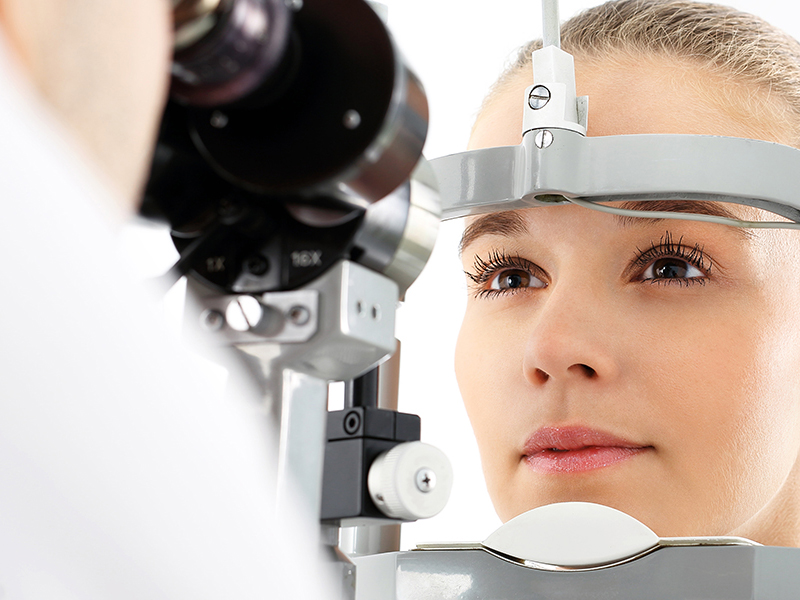
In the course of follow-up treatment after an eye operation, it is imperative that the aftercare appointments be kept.
The majority of laser eye operations carried out in Germany proceed largely without complications. However, following the operation, temporary symptoms often arise, such as foreign body sensation in the eye, itchy, burning and dry eyes or even short-term visual disorders. Conscientious follow-up treatment is essential in order to best avoid these impairments.
Medical aftercare – Treat examinations seriously
Thorough medical supervision is important following any form of eye operation. As a rule, the patient spends the first few hours after the operation under medical supervision in the surgery or clinic, in order to be able to treat immediately any complications that may arise. In the following period, you should be examined at regular intervals by an eye doctor. With laser surgery for improving vision, such as LASIK operations, the check-ups normally take place one day, one week, one month, three months and one year after the operation. In the case of a correction of short-sightedness with PRK (photorefractive keratectomy), the eye should even be checked every day to begin with, as a therapeutic contact lens usually has to be worn during the first few days in order to protect the exposed corneal nerves.
It is not possible without eye drops
The fine corneal nerves are damaged in a laser eye operation because either the surface layer of the cornea is removed or the cornea is cut into. Because of the lack of nerve ends, the cornea reacts less sensitively to its environment in the immediate time after the operation. The eye is therefore no longer capable of optimally adjusting to the surroundings and tear film productsion decreases.
That is why lubricating eye drops are usually used in the follow-up care to support the lubrication of the eye and the healing of the wound. These are applied hourly after the operation and later as required. For some operations (for example cataracts, PRK),anti-inflammatory and/or antibiotic eye drops are administered as part of the follow-up treatment.
Treatment following a cataract operation: what is a secondary cataract?
Cataracts are among the most common eye diseases in Germany. Surgical treatment involves removing the clouded lens and replacing it with an artificial one; the external half of the lens, the capsular bag, remains intact. In around a fifth of the cases, a so-called secondary cataract forms several months after the cataract operation. This is actually a clouding of the posterior part of the capsular bag remaining in the eye and is caused by natural cell growth. A secondary cataract is painless, harmless and can be treated and removed with a special laser as an outpatient.
Rules of behaviour after the eye operation
Irrespective of whether it is after a cataract operation or refractive surgery to improve sight, the most important rule in the follow-up treatment is: follow the medical advice and be patient. It is recommended to keep the eyes closed for a while after the eye operation in order to support the healing process. The following general advice should be observed for the period after that:
- Do not drive in the first 24 hours
- Avoid excessive physical exertion over the first few days
- Do not rub or press on the freshly-operated eye
- Keep medical follow-up appointments without fail
- Take prescribed medicines as instructed
- Your daily personal hygiene routine can be conducted without any problem. However, your eyes should not come into contact with water, soap or shampoo
- Do not use any additional eyewear, even if vision is impaired after the operation. Constantly putting your glasses on, then taking them off again makes it difficult for the brain to adjust permanently to the new conditions.
Important: should unexpected problems arise – such as a sudden, considerable deterioration of vision or prolonged pain on the freshly-operated eye – visit a doctor immediately and under no circumstances wait for the next check-up.
